IDIBAPS
If you are the contact person for this centre and you wish to make any changes, please contact us.
Head of the Cardiology Department at the Hospital Clínic de Barcelona and researcher at the National Centre for Cardiovascular Research (CNIC) and at the August Pi Sunyer Biomedical Research Institute (IDIBAPS)
Senior scientist at the Institute for Biomedical Research of Barcelona (IIBB-CSIC), principal investigator at CIBERSAM and head of the Systems Neuropharmacology group at IDIBAPS-Fundació Clínic.
Head of the Arrhythmias and Physical Activity research group at IDIBAPS, cardiac electrophysiologist at Hospital Clínic Barcelona, associate professor of Medicine at the University of Barcelona and researcher at CIBERCV.
Researcher at the Reference Unit of Child Psychiatry and Psychology of the August Pi i Sunyer Biomedical Research Institute (IDIBAPS)
ICREA research professor and head of the Biomedical Epigenomics Group at IDIBAPS in Barcelona
Psychiatrist and head of the Imaging of Mood and Anxiety Disorders research group at IDIBAPS
Research Professor at IDIBAPS-Hospital Clínic de Barcelona and Scientific Director of CIBEREHD - Carlos III Health Institute
Clinical psychologist in the Department of Child and Adolescent Psychiatry and Psychology at Clínic Hospitaland researcher at IDIBAPS, University of Barcelona
Clinical psychologist at the Psychiatry and Psychology Service of the Hospital Clínic de Barcelona and member of the research group Imaging of mood and anxiety disorders at IDIBAPS
IDIBAPS researcher and scientific director of the HIV Unit at Hospital Clínic de Barcelona

A study published in The BMJ suggests that the incidence of autism spectrum disorder (ASD) is comparable between boys and girls. The study included a sample of more than 2.7 million people born in Sweden between 1985 and 2020 who were followed from birth to a maximum age of 37. More than 78,000 were diagnosed with ASD. It was observed that boys are usually diagnosed between the ages of 10 and 14, five years earlier than girls. By the age of 20, the proportion of diagnoses is almost equal between the sexes. Before the age of 10, the ratio is 3:1 in favour of boys.
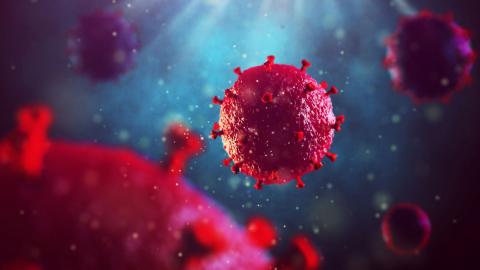
Stem cell transplants in cancer patients have achieved complete remission of HIV in a few cases in people who are also HIV-positive. However, in most cases, the donors were homozygous—with two identical copies of the gene—for a mutation in the CCR5 gene that is considered protective against the virus. A German team has now reported a new case of remission in a 60-year-old man with leukemia—called the “second Berlin patient”—in which the donor was heterozygous (only one of the two copies contained the mutation), which could broaden the alternatives. The results are published in the journal Nature.
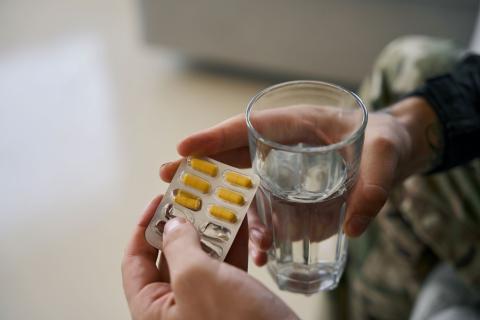
Different antidepressant drugs cause different side effects in the body, in parameters such as heart rate, blood pressure or body weight, according to a meta-analysis published by The Lancet. For example, agomelatine administration is associated with weight loss, while other molecules such as maprotiline are associated with weight gain. The research brings together 151 studies and 17 reports from the US Food and Drug Administration (FDA), including more than 58,000 people and comparing 30 antidepressant drugs with a placebo.
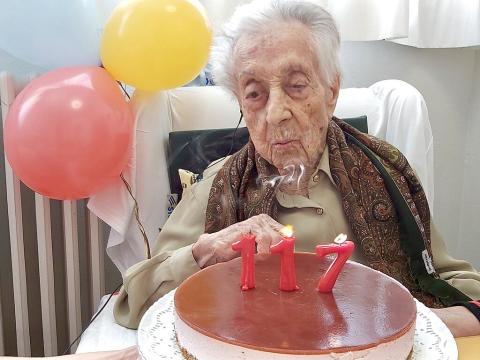
Maria Branyas was considered the oldest person in the world when she died in 2024 at the age of 117. An international team led by the Cancer Epigenetics group at the Josep Carreras Leukaemia Research Institute and the University of Barcelona has analysed her molecular profile, including her genome, metabolome, microbiome and epigenome. "Our results have helped us identify factors that could help many older people live longer, healthier lives," say the researchers, whose work is published in the journal Cell Reports Medicine.
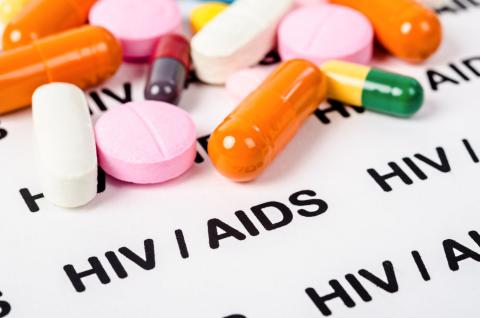
Antiretroviral therapy has become a vital treatment for people with HIV. However, it is not a cure, because the virus is able to take refuge and hide in certain blood cells. Now, a study of 65 people—30 women and 35 men—who were undergoing this therapy has found that women's immune systems tend to be more effective at controlling the virus. According to the researchers, who published their findings in the journal Science Translational Medicine, the study ‘reinforces the importance of considering sex in the design and implementation of medical interventions aimed at cure and suggests that women may be better candidates for exploring innate immunity-dependent strategies.’
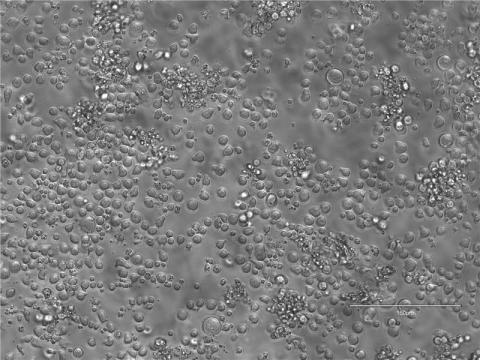
A technique developed under the coordination of researchers from the Centre for Genomic Regulation (CRG) and the Institute for Biomedical Research (IRB) in Barcelona has made it possible to track methylation patterns or “barcodes” in blood cells and construct their epigenetic family tree. This has enabled them to trace their evolution and changes with age, which could be useful for disease prevention and for the study or even development of specific therapies against ageing. The results are published in the journal Nature.

Cuts in international HIV funding could cause between 4.4 million and 10.8 million new HIV infections between 2025 and 2030 in 26 low- and middle-income countries. In addition, these funding reductions could result in between 770,000 and 2.9 million HIV-related deaths, according to a study published in The Lancet HIV. Five countries that together provide more than 90% of funding for international HIV interventions - the US, UK, France, Germany and the Netherlands - have announced reductions in funding between now and 2026, the article explains. This includes the immediate suspension, in January 2025, of US funding, which accounted for nearly three-quarters of the total.

In marathon runners, the myelin content of specific regions of the brain is reversibly reduced, according to a study carried out in the Basque Country. This observation is consistent with animal evidence suggesting that myelin lipids - a substance that surrounds neurons - can act as energy reserves in extreme metabolic conditions, as detailed by the authors in Nature Metabolism. The analysis is based on magnetic resonance imaging of eight men and two women before and after running a marathon. According to the study, the myelin content was fully recovered two months after the race.

In a group of people at high cardiovascular risk, low to moderate wine consumption was associated with fewer cardiovascular events (cardiovascular death, myocardial infarction, stroke or heart failure), according to a study. The analysis uses urinary concentrations of tartaric acid, a substance found in grapes and grape derivatives, as a biomarker of wine consumption. It finds that consuming between three and 35 glasses per month was associated with fewer cardiovascular events than in people who consumed fewer than three or more than 35 glasses. The study, published in the European Heart Journal, included more than 1,200 participants from Spain's PREDIMED study with an average age of 68 years.

A phase 2 clinical trial has tested the efficacy and safety of a transcranial magnetic stimulation device used at home to treat major depression in 174 patients. After dividing them into two groups, one group received the treatment and the other a placebo procedure. After ten weeks, both groups had improved their symptoms, but the improvement in the active treatment group was 0.4 points greater on the Hamilton depression scale. According to the authors, who publish the results in the journal Nature Medicine, ‘it could potentially serve as a first-line treatment for major depression’.